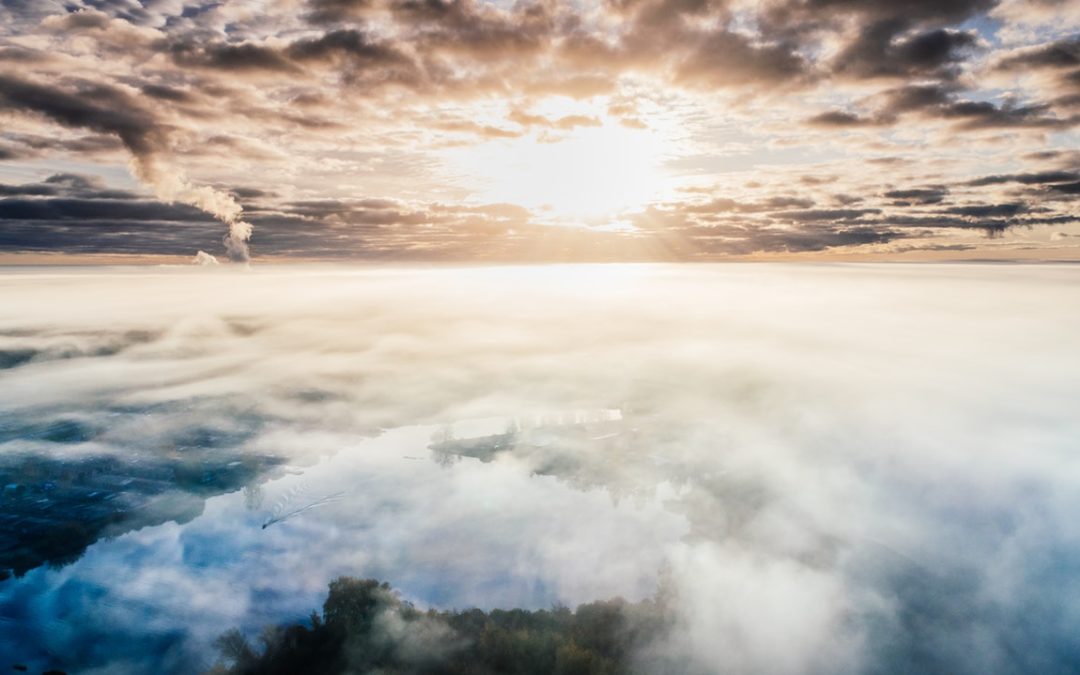Trees and Carbon Reduction
Crisis fatigue wears all of us down, so you may not be too aware that climate change is worsening. Our weather is a clue. For a useful objective update from the US National Climate Assessment, follow this link. Trees and agriculture have a major potential role to play in absorbing carbon from the atmosphere, and even offsetting … Read more

